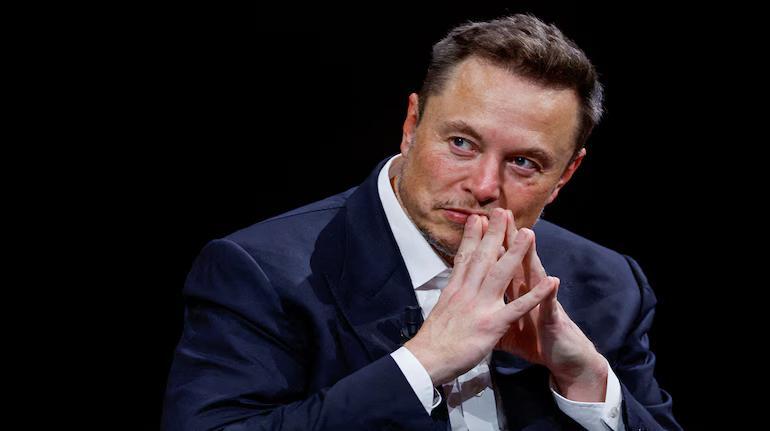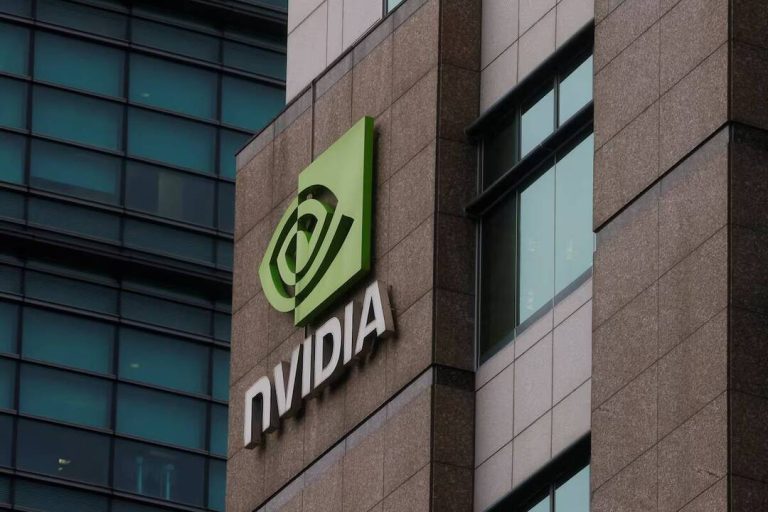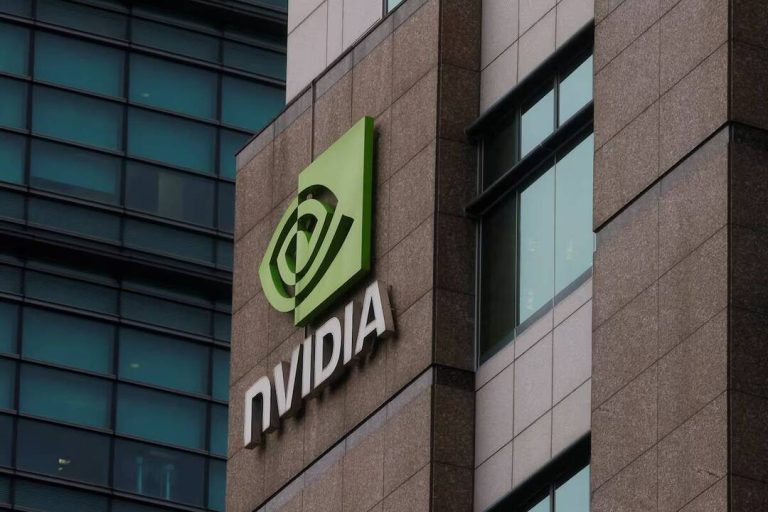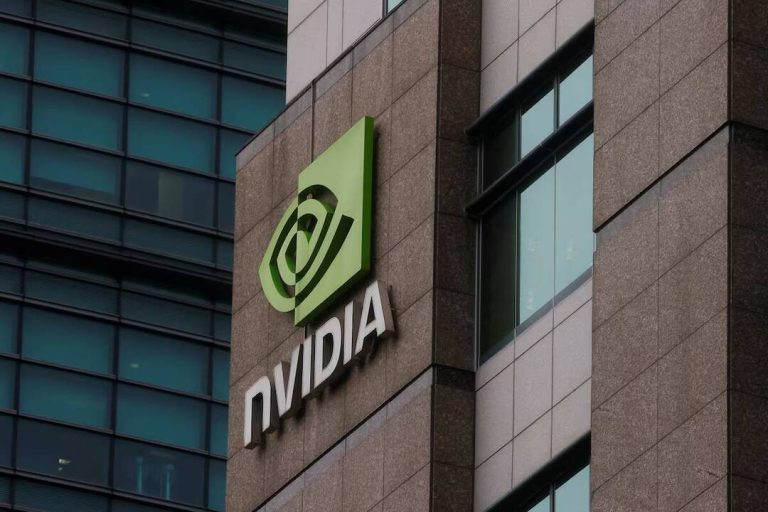
Poverty an engineering issue, AI & humanoid robots will end it: Musk
The world’s richest man, Elon Musk, has always been known for his innovative ideas and vision for the future. Recently, at the US-Saudi Investment Forum, Musk opined that poverty is an engineering issue that can be solved with the help of artificial intelligence (AI) and humanoid robots. According to Musk, the key to eliminating poverty lies in the advancement of AI and robotics, which will eventually make everyone wealthy.
Musk, who is also the CEO of xAI, stated that as AI and robotics continue to advance, money will eventually stop being relevant in the future. This bold statement has sparked a lot of debate and discussion among experts and the general public alike. While some have welcomed Musk’s vision for a poverty-free world, others have raised concerns about the potential consequences of relying on AI and robotics to solve complex social issues like poverty.
So, what exactly did Musk mean by saying that poverty is an engineering issue? In essence, Musk believes that poverty is not just a social or economic problem, but a technical one that can be solved with the help of innovative technologies like AI and robotics. According to him, the main reason why people are poor is that they do not have access to the resources and tools they need to generate wealth. AI and humanoid robots, Musk argues, can help bridge this gap by providing people with the means to produce goods and services that can be sold in the market, thereby generating income and wealth.
One of the ways in which AI and robotics can help eliminate poverty is by increasing productivity and efficiency in various industries. For example, AI-powered machines can be used to automate tasks that are currently performed by humans, freeing up people to focus on more creative and high-value tasks. Similarly, humanoid robots can be used to perform tasks that are difficult or dangerous for humans, such as manufacturing, construction, and healthcare.
Another way in which AI and robotics can help reduce poverty is by providing people with access to education and skills training. AI-powered learning platforms can be used to provide people with the skills and knowledge they need to get better jobs and improve their economic prospects. For instance, AI-powered chatbots can be used to provide people with career counseling and job placement services, while AI-powered learning platforms can be used to provide people with access to online courses and degree programs.
Musk’s vision for a poverty-free world is not just limited to the use of AI and robotics. He also believes that the advancement of renewable energy technologies, such as solar and wind power, can help reduce poverty by providing people with access to clean and affordable energy. According to Musk, the cost of renewable energy is decreasing rapidly, making it more accessible to people in developing countries.
While Musk’s vision for a poverty-free world is certainly ambitious, it is not without its challenges. One of the main concerns is that the increasing use of AI and robotics could lead to job displacement, particularly in industries where tasks are repetitive or can be easily automated. This could exacerbate poverty and inequality, rather than reducing it.
Another concern is that the benefits of AI and robotics may not be equally distributed, with some people and companies reaping most of the benefits while others are left behind. This could lead to a widening of the income gap and increased poverty and inequality.
Despite these challenges, Musk remains optimistic about the potential of AI and robotics to eliminate poverty. He believes that the benefits of these technologies will far outweigh the costs, and that they will ultimately lead to a more prosperous and equitable world.
In conclusion, Elon Musk’s statement that poverty is an engineering issue that can be solved with the help of AI and humanoid robots is a thought-provoking one. While there are certainly challenges and concerns that need to be addressed, the potential benefits of these technologies are undeniable. As AI and robotics continue to advance, it is likely that we will see significant improvements in productivity, efficiency, and economic growth, which could ultimately lead to a reduction in poverty and inequality.






